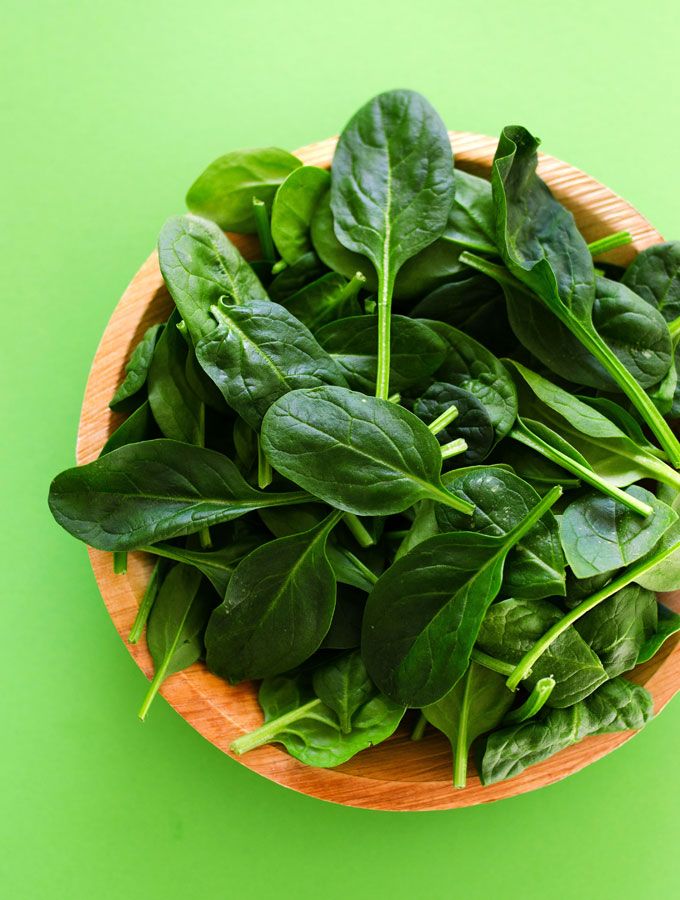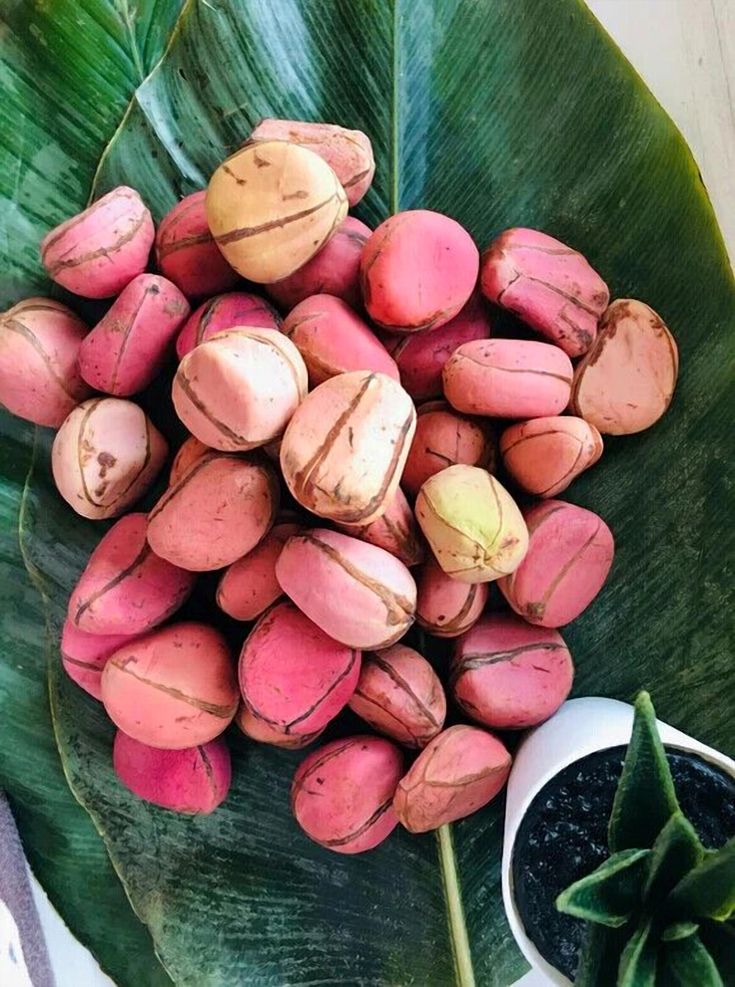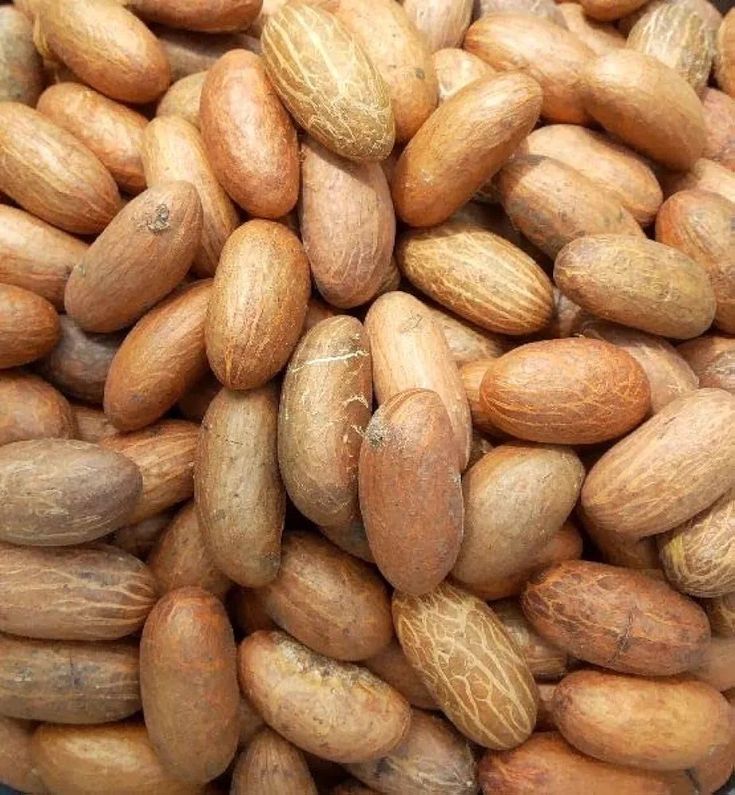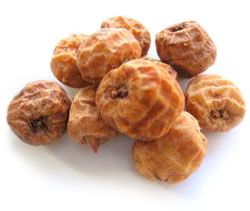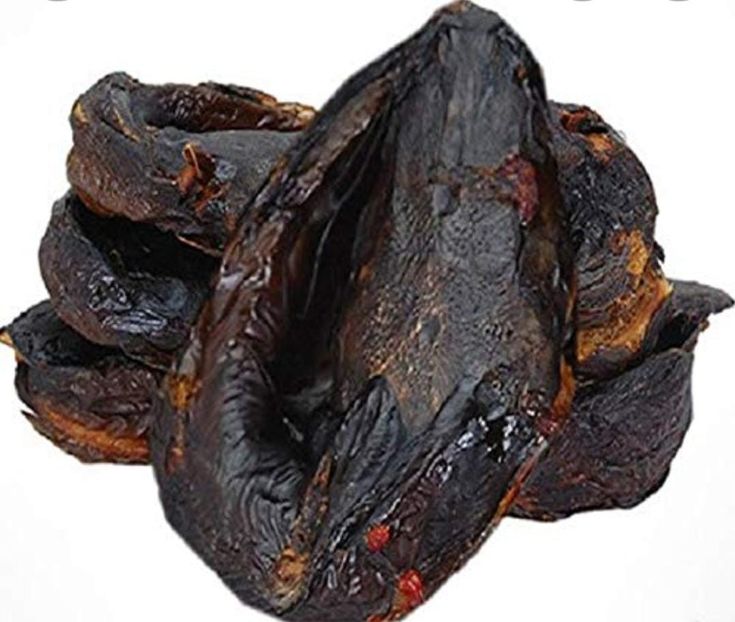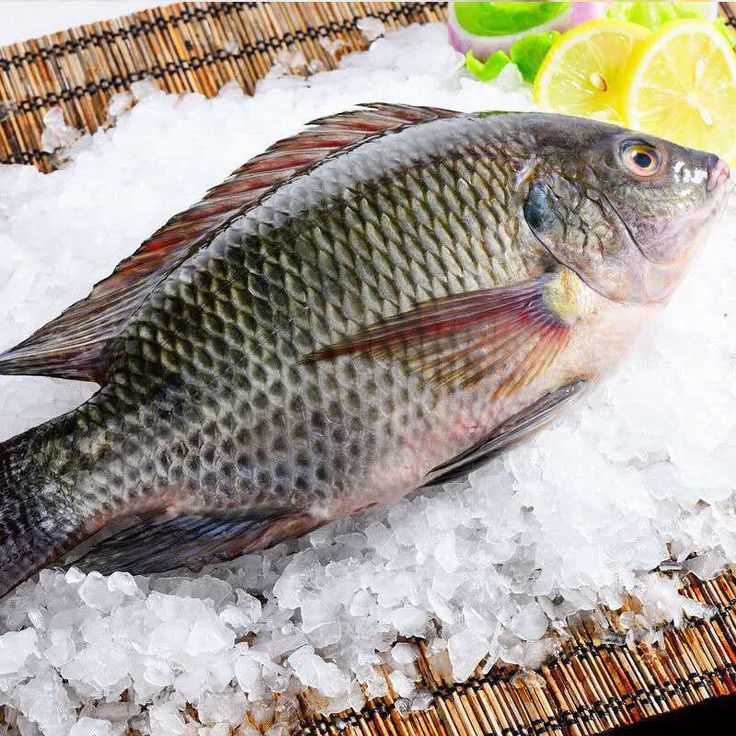What it is:
African Spinach, locally known as “Soko” (in Yoruba), is a leafy green vegetable widely consumed across West Africa. It is part of the Amaranthaceae family and is cherished for its high nutritional value, tender leaves, and rapid growth cycle. African spinach is rich in iron, calcium, protein, and essential vitamins.
What export of it is:
Exporting African Spinach involves harvesting, sorting, packaging, and shipping the leaves in either fresh, dried, or frozen form to international markets such as the UK, USA, Canada, and Europe, where African diasporas and health-conscious consumers seek authentic African vegetables.
Forms Available for Export
-
Fresh Soko Leaves – Properly washed and refrigerated before export.
-
Frozen Soko Leaves – Blanched and sealed to maintain freshness and nutritional value.
-
Dried Soko Leaves – Sun-dried or machine-dried for long shelf life and ease of transport.
Packaging
-
Fresh: Packed in perforated food-grade polythene bags or ventilated cartons.
-
Frozen: Vacuum sealed in moisture-resistant plastic bags.
-
Dried: Sealed in laminated pouches or foil bags to prevent moisture absorption.
Each package must be labeled with:
-
Product name
-
Net weight
-
Country of origin
-
Packaging/expiry date
-
Storage instructions
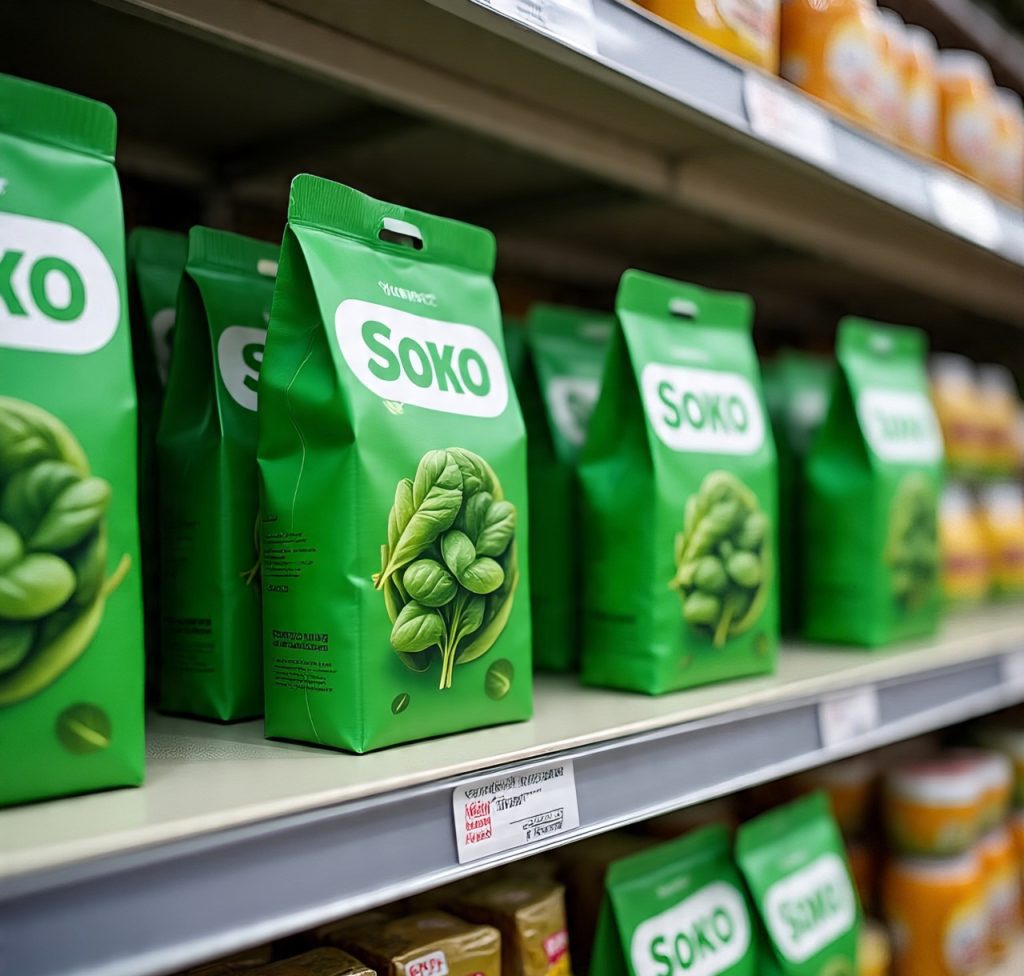
Export Form
-
Requires pre-cooling (for fresh/frozen)
-
Export-ready after NAFDAC, phytosanitary, and health certification
-
Shipped via air cargo (for fresh/frozen) or sea freight (for dried)
Target Market & Uses
-
African, Caribbean, and Asian groceries abroad
-
Restaurants and food processors
-
Commonly used in:
-
Soups and stews (e.g., efo riro)
-
Herbal mixtures
-
Health diets (due to high iron and protein content)
-
HS Code
-
0709.99.0000 – Fresh or chilled vegetables (others, including African spinach)
-
0712.90.9090 – Dried vegetables, whole, cut, sliced, broken or in powder (others)
Export Compliance & Requirements
-
Phytosanitary Certificate from NAQS
-
Certificate of Origin from NEPC
-
Inspection and Approval by quarantine service

